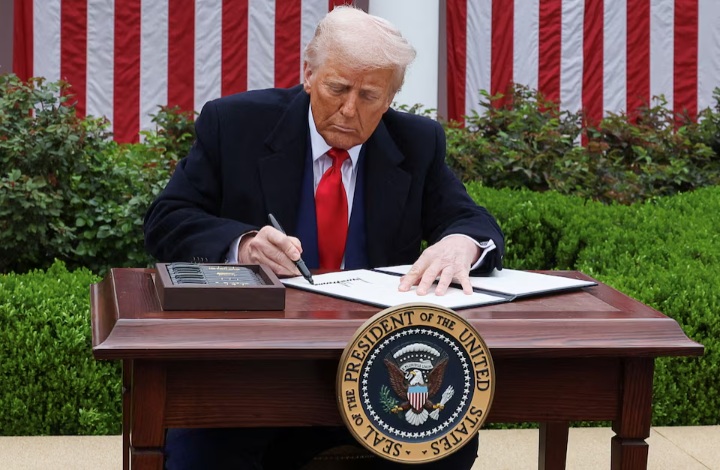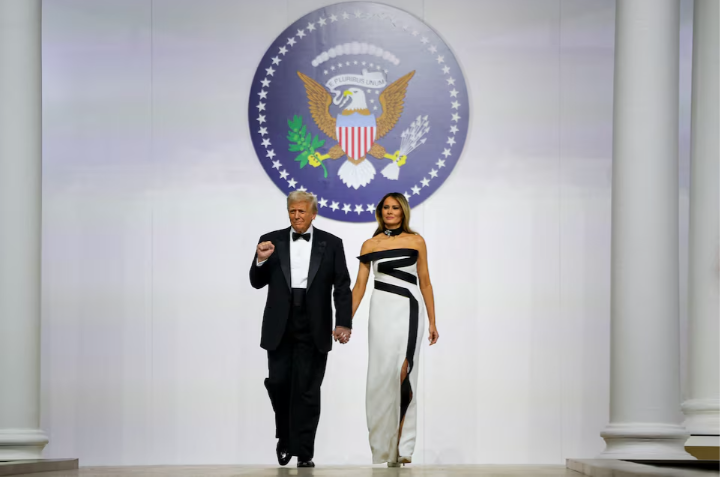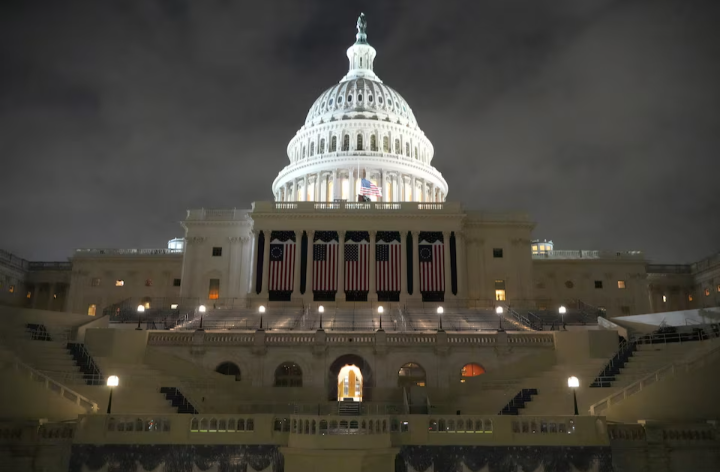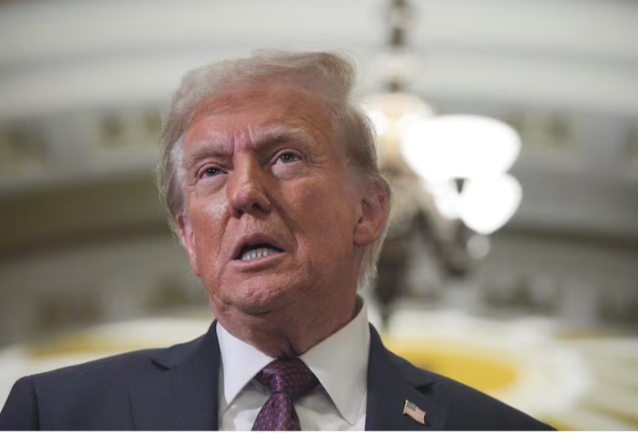President Donald Trump’s latest round of tariffs has sent shockwaves through global markets, sparking widespread criticism and fears of massive price hikes. The new policy imposes a sweeping 10% tax on all imports, with even steeper duties targeting key trade partners such as China, the European Union, and Japan. Financial markets reacted instantly, with major stock indices like the Dow and Nasdaq suffering their worst declines since the pandemic. Companies that rely on global supply chains, including Apple and Nike, have seen their stock prices tumble as investors brace for the impact.
The tech industry has been particularly hard hit, with Apple facing the most scrutiny. A 54% levy on Chinese imports, where most iPhones are assembled, is expected to send production costs soaring. Analysts predict that the price of an entry-level iPhone 16 could climb from $799 to over $1,100, while the high-end Pro Max model may exceed $2,300. Apple's stock has already taken a significant hit, losing over 8% in value following the announcement. The prospect of such drastic price increases has left both investors and consumers deeply concerned.
Governments around the world have swiftly condemned the tariffs, warning of economic instability and potential retaliation. China and the European Union have threatened to impose their own trade restrictions, accusing the U.S. of reckless economic nationalism. European Commission President Ursula von der Leyen criticized the move as harmful to international trade relations, while Japan and Australia have also voiced strong opposition. With fears of inflation and disrupted supply chains mounting, experts warn that these tariffs could tip the global economy into recession.
The fallout on Wall Street has been catastrophic, with an estimated $2.5 trillion wiped out from global stock markets. American multinational corporations, including Nvidia and Apple, have suffered heavy losses, while consumer goods giants like Nike and Adidas are struggling to absorb rising production costs. Economists estimate that the tariffs effectively translate into a $1.8 trillion tax burden on American consumers, raising concerns that the U.S. could be heading toward an economic downturn reminiscent of the 2008 financial crisis.
Despite mounting backlash, President Trump remains defiant, celebrating the tariffs as a victory for American economic independence. He argues that the policy will boost domestic manufacturing and reduce reliance on foreign goods. However, bipartisan opposition is growing in Congress, with lawmakers pushing to limit the president’s authority over trade decisions. As the tariffs take effect on April 9, pressure is mounting on the administration to reconsider its stance before the economic consequences spiral further out of control.





